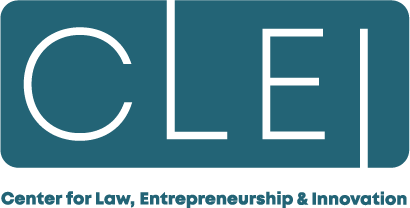Entrepreneurship & New Venture Creation
Jointly-taught by Law School and Bloch (Business) School faculty, this interdisciplinary course provides education in entrepreneurship to a combined class of students from law, business, engineering and perhaps other graduate-level disciplines. Using a combination of readings lectures, electronic blackboard discussions, team business planning projects and presentations, and individual presentations on selected topics, the Course is designed, from a law student's perspective, to both (1) familiarize the student with substantive knowledge of issues from multiple disciplines involved in creating a new venture to commercialize technology and (2) train law students in techniques designed to effectively communicate and resolve legal issues inherent in such projects in a collaborative manner with clients and their advisors from other disciplines.


